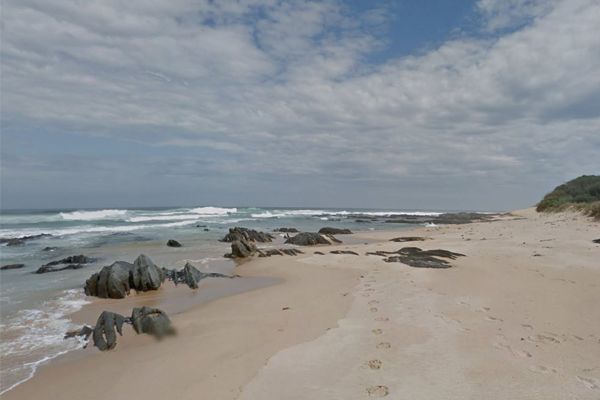Experts fear none of the 28 whales stranded on Gippsland beach will survive

It’s feared that none of the 28 whales that became stranded on a beach in Gippsland yesterday will survive.
Twenty-four of the whales, including the humpback have died, and the other four are near-death.
The humpback and 27 pilot whales are believed to have become stranded on a remote, 1.5km section of coast off the Croajingolong National Park about 4pm yesterday.
DELWP Orborst Incident Controller Michael Turner told Neil Mitchell they are sending a helicopter to the scene this morning.
“It is a remote area, not really accessible by foot unless you walk the beach,” Mr Turner said.
“So there’s no threat to tourists or anything, so it could be that the natural process just takes place.”
“Four are still alive but they were in very poor condition when our people left last night, they don’t hold much hope for them.”
Click PLAY below to hear more
It comes after 145 pilot whales died after becoming stranded on a remote beach on Stewart Island, New Zealand two days ago.
Marine Biologist Jeff Weir told Neil we could still be decades away from understanding why these animals beach themselves.
“There’s no single one answer,” Jeff said.
“It certainly can be linked to earthquake activity, that’s what they’re looking at in New Zealand.”
“Could it be because of global warming?” Neil asked.
“It could well be, we’ve got more questions than answers.”
Click PLAY below to hear the details
Image: Croajingolong National Park (Google Maps)















